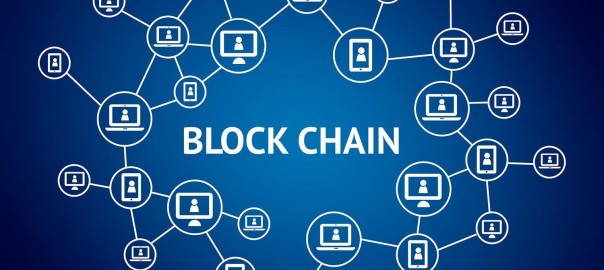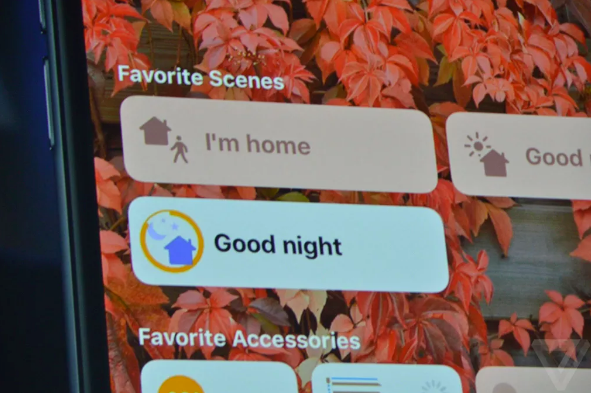In the last entry in our cryptocurrency series, we explored how to secure your cryptocurrency with the right wallet. This week, we’ll take a look at the mechanics of the Blockchain across industries.
While the debate over whether Bitcoin will become the dominant cryptocurrency is far from over, the mechanics behind Bitcoin are unquestionably revolutionary. Blockchain technology has the potential to disrupt more than just currency, but industries ranging from healthcare to Wall Street.
The Blockchain is a secure ledger database shared by all parties participating in an established, distributed network of computers. The Blockchain decentralizes the process of validating transactions, allocating the duties to computers throughout the network.
Blockchain is revolutionary because it eliminates the need for a central authority, allowing for a real-time ledger that is not dependent on a single entity governing the transactions.
Imagine if in order to make changes to a text document, you had to email a colleague who would then update the document on Microsoft Word and send the updated file out to all relevant parties on the team. The updating of information would quickly become an inefficient process that is heavily dependent on the central entity (the colleague). Blockchain posits a workflow that is more like Google Docs in that it allows updates to be made in real time and shared across the network instantly without the need of a central authority. Blockchain enacts this principle by relying on computers within the network to independently validate transactions through cryptography. Thus, the validity of the ledger is determined by the many objective computers on the network rather than a single powerful entity.
The idea of decentralization can also be applied to WhatsApp, the popular messaging app that revolutionized texting and cut the cost of transactions globally. WhatsApp cut out the central authority of phone carrier companies by building the same functionality on a decentralized network (the Internet).
If you’re still confused about Blockchain, check out this awesome video by Wired breaking it down in 2 minutes:
Blockchain has already found usages in many different industries.
- SMART CONTRACTS
Smart contracts are coded contracts embedded with the terms of an agreement. They are a method for businesses and individuals to exchange money, property, materials, or anything of value in a transparent way that avoids the services of a middleman (such as a lawyer). Smart contracts not only define the rules of an agreement, they automatically enforce the obligations provided in the terms of the contract.
Smart contracts have revolutionized the supply chain and threaten to eliminate the use of lawyers for enforcing contracts. Smart contracts and blockchain ensure data security that could also lead to the transferring of voting to an online system, potentially increasing voter turnout significantly.
- HEALTHCARE
Within the healthcare industry, Blockchain has the potential to revolutionize data sharing between healthcare providers, resulting in more effective treatments and an overall improved ability for healthcare organizations to offer efficient care. A study from IBM showed that 56% of healthcare executives have a plan to implement a commercial blockchain solution by 2020.
- SUPPLY CHAIN
Both within the Healthcare industry and elsewhere, blockchain is redefining supply chain management. Blockchain can provide a distributed ledger that tracks the transfer of goods and raw materials across wide-ranging geographical locations and stages. The public availability of the ledger makes it possible to trace the origin of the product down to the raw material used. For this reason, blockchain has also been applied to track organic produce supply chains.
The boon of the Internet of Things and smart objects means that blockchain technology can be extended to process data and manage smart contracts between individuals and their smart devices or even smart homes. Imagine a world where your refrigerator automatically orders eggs when it senses you are running low based on your egg eating habits. This world will be facilitated by a smart contract run on Blockchain technology embedded in an IoT device.
CONCLUSION
While the first blockchain was created for Bitcoin, applications for blockchain are constantly being implemented across industries. As Harvard Business Review smartly points out, the question in most industries is not whether blockchain will influence them, but when.
Many different cryptocurrencies are utilizing variations on Blockchain technology in order to process transactions—some of which are doing so in a more efficient manner than Bitcoin. Next week, we’ll explore the top cryptocurrencies on the market right now and which ones your business should accept.



